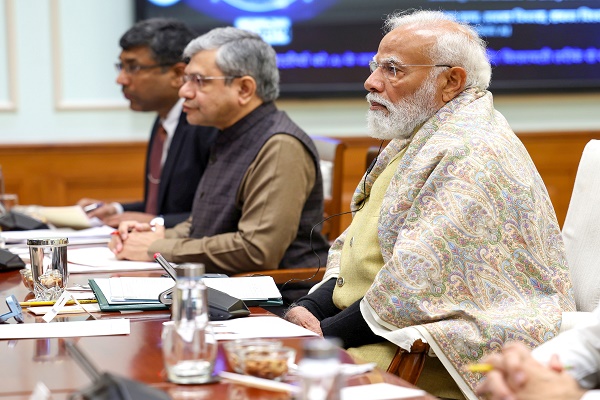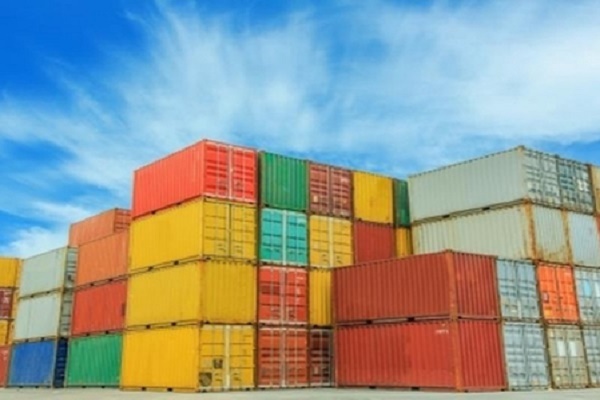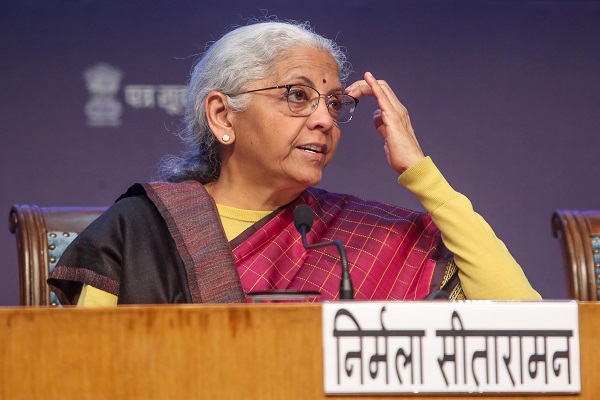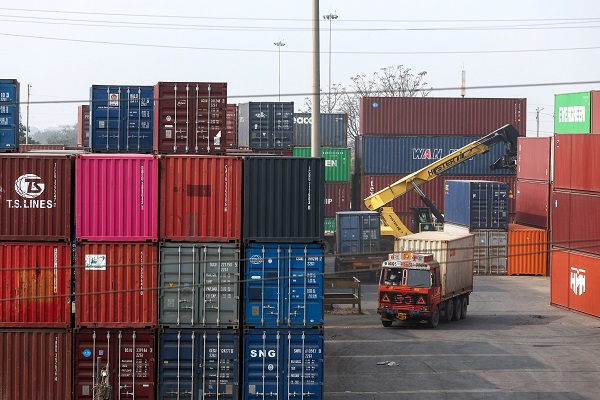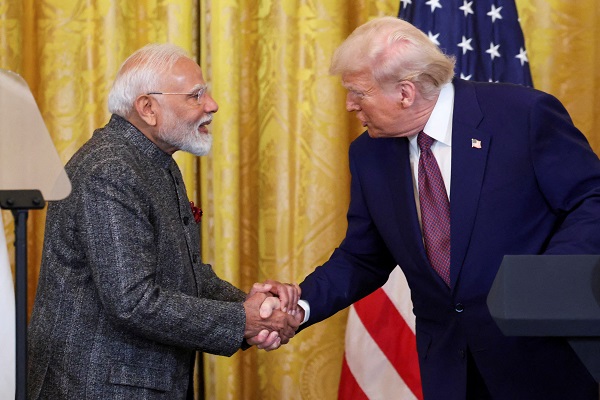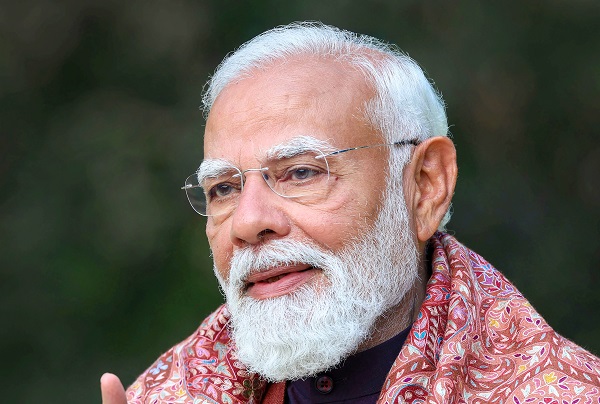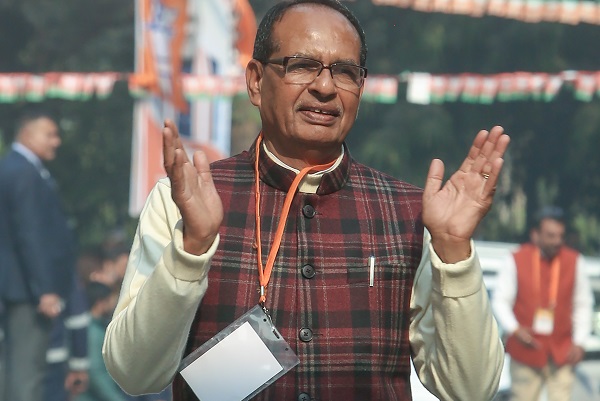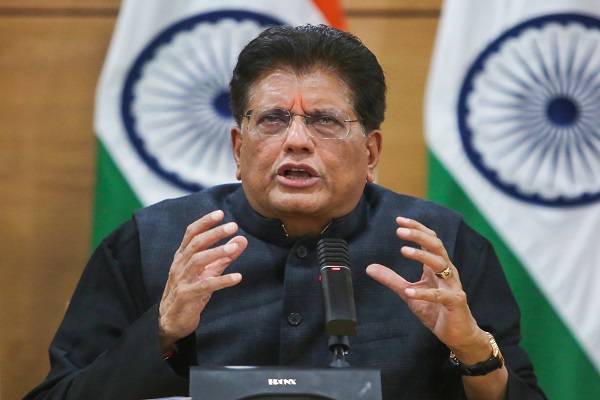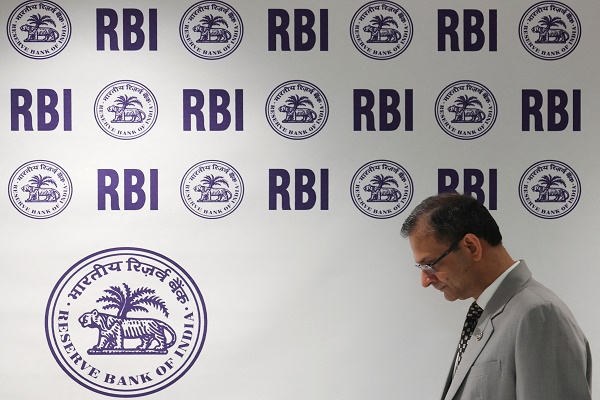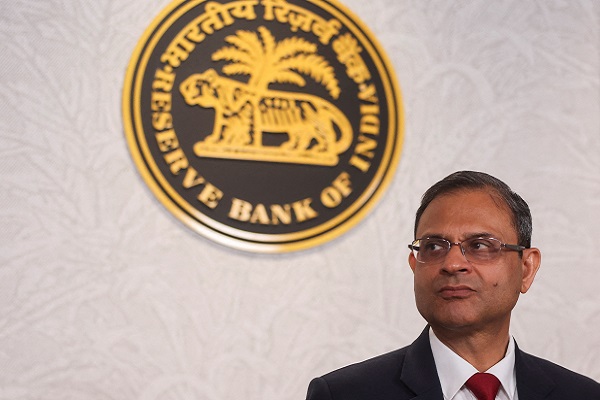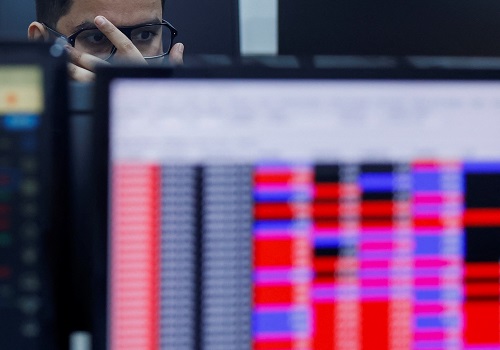Investors see safety in India as Donald Trump win casts shadow on emerging markets
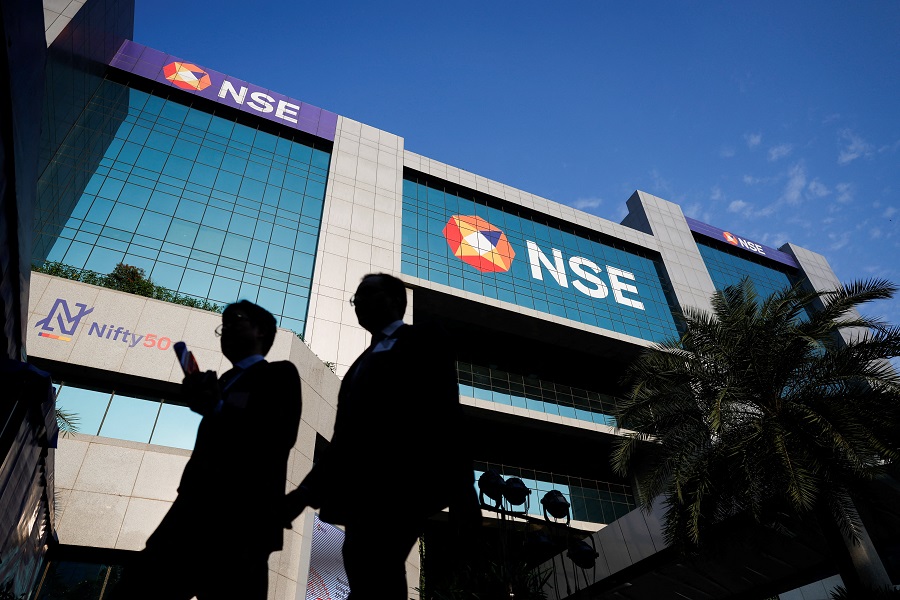
Global investors are likely to find relative safety in India's financial markets from the spillover of Donald Trump's economic policies, including from any protectionist trade policies that could spark emerging market volatility.
Trump's decisive election victory last week and his impending return to the White House next month has raised significant uncertainty for investors.
However, India's strong economic growth, limited exposure to Chinese and the U.S. consumer market, robust local appetite for equities and a central bank devoted to ensuring currency stability will bolster the country's appeal amid global unease, investors and analysts say.
Stocks in Asia's third-largest economy are also likely to find support from strong domestic buying due to Indian companies' limited reliance on export revenues.
That's significant as markets fear Trump will reintroduce his 'America First' policies, raising the spectre of a global trade war.
China is at the frontline of risk as the former president has threatened tariffs of 60% or more on all Chinese imports, which is likely to heap more pressure on the world's second-biggest economy.
Tariffs on China are expected to negatively impact export-oriented Asian economies, according to analysts at Societe Generale, who see India as better positioned than Korea and Taiwan to cope with the fallout.
"Without any major fiscal announcement, China is likely to face downward pressure from Trump's victory," said Sat Duhra, a Hong Kong based portfolio manager on the Asia (ex-Japan) equity team at Janus Henderson Investors.
Some investors had pivoted away from India to buy Chinese stocks last month but "there could be a reversion back to India in a quicker than expected time frame" because of its status as a safe haven, Duhra said.
While foreign investors pulled out a record $11.2 billion from Indian equities in October, domestic institutional investors' stock purchases rose to an all-time high of about $12.7 billion in the same month, limiting the benchmark indexes' fall.
Domestic investors see India benefiting from supply chain diversification of U.S. companies, in sectors like electronic manufacturing, chemicals, and pharmaceuticals, said Trideep Bhattacharya, president and chief investment officer for equities at Edelweiss Mutual Fund.
India's economic fortunes have also shifted since the last Trump presidency when GDP was slower versus a robust 8.2% pace in the most recent financial year ended March 2024.
One potential dampener for global investors is the elevated valuations of Indian equities.
The MSCI India index, which covers approximately 85% of India's equity assets, trades at an average 12-month forward price-to-earnings (PE) ratio of 22.8, well above the PE ratio of 12.08 for MSCI's emerging market stocks.
Zurich-based Vontobel Asset Management is cautious on Indian equities but is bullish on the country's sovereign bonds and finds the rupee to be an appealing carry trade currency.
Indian government bonds represent an attractive diversification while the central bank's FX policy of stabilisation makes the rupee one of the best risk adjusted carry trades, Carl Vermassen, a fixed income portfolio manager at Vontobel, said.
The country's government bonds joined the JPMorgan global emerging market debt index earlier this year and are set to be included in two more global bond indices in 2025.
The rupee is "blissfully uncorrelated to other EM currencies while at the same time presenting a high beta to the dollar. This makes it a unique EM asset," Vermassen said.
While the rupee hit a record low on Nov. 6 as U.S. elections pointed to a Trump comeback, its 0.2% decline was muted compared to regional peers which fell as much as 1.7%.

